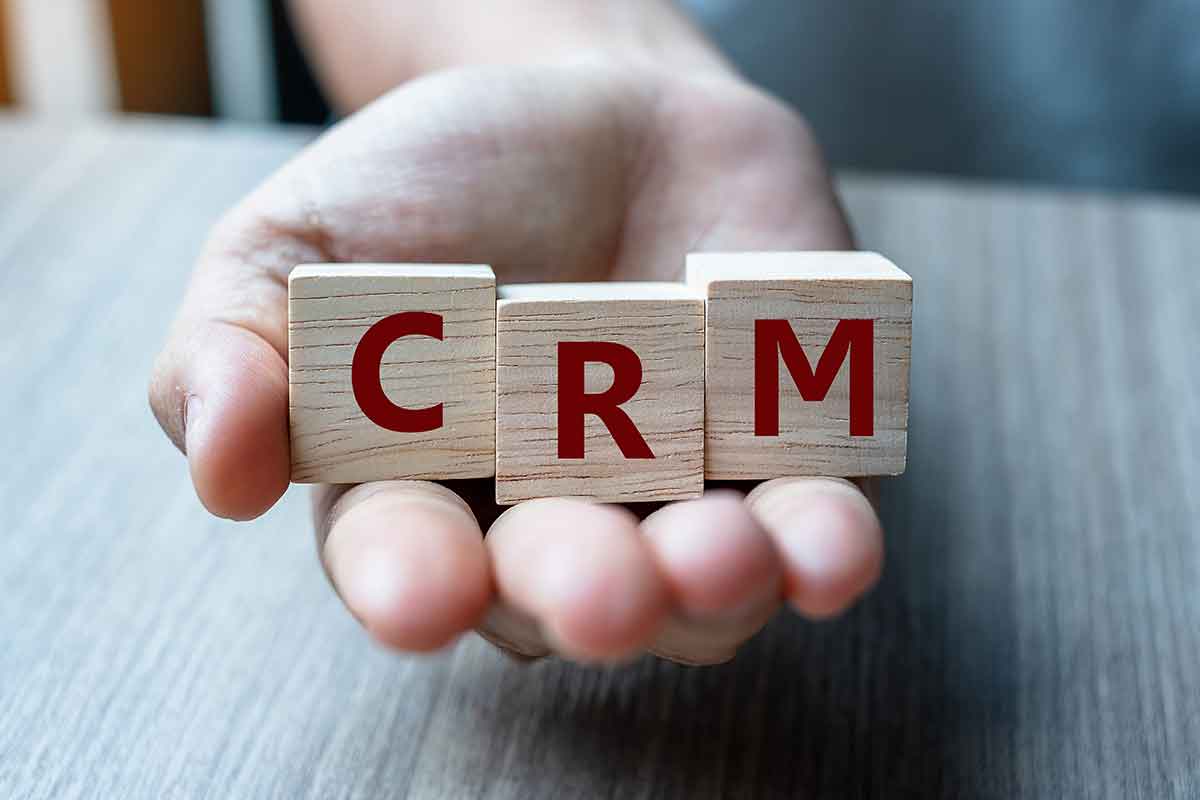 Choosing the right edition of Salesforce CRM is crucial for optimizing costs while ensuring you have the necessary features and capabilities to support your business needs. Salesforce offers several editions, each tailored to different business sizes and requirements. Here’s a deeper look into the process of selecting the appropriate edition:
Choosing the right edition of Salesforce CRM is crucial for optimizing costs while ensuring you have the necessary features and capabilities to support your business needs. Salesforce offers several editions, each tailored to different business sizes and requirements. Here’s a deeper look into the process of selecting the appropriate edition:
Understand the Different Editions:
- Essentials: This is the most basic version, designed for small businesses or startups that require basic CRM functionalities. It includes lead management, opportunity tracking, email integration, and basic reports and dashboards. It’s a good starting point for businesses new to CRM systems.
- Professional: Aimed at small to medium-sized businesses, the Professional edition offers more advanced features than Essentials, including more detailed reporting and forecasting tools, mass email functionality, and the ability to handle more complex sales processes.
- Enterprise: Suitable for large businesses or those with more complex needs. It includes all the features of the Professional edition and adds more customization options, deeper analytics, workflow automation, and API access for integration with other systems.
- Unlimited: The most comprehensive edition, offering the highest level of functionality and support. It includes all features of the Enterprise edition, along with unlimited customizations, full sandbox environments for testing, and 24/7 support.
Evaluate Your Business Needs:
- Size and Complexity: Larger businesses or those with complex sales processes may require the advanced features of the Enterprise or Unlimited editions. Smaller businesses might find the Essentials or Professional editions sufficient.
- Customization Needs: If your business requires significant customization and integration with other systems, consider the Enterprise or Unlimited editions.
- Reporting and Analytics: For advanced reporting, analytics capabilities, and forecast tools, the Professional, Enterprise, or Unlimited editions would be more suitable.
Consider Future Growth:
- Think about not only your current needs but also what you might need in the future as your business grows. It might be more cost-effective to choose an edition that can grow with your business rather than having to upgrade later.
Cost vs. Value:
- While higher editions offer more features, they also come at a higher cost. Assess whether the additional functionalities of a higher-tiered edition will bring enough value to justify the expense.
Trial and Demos:
- Salesforce often offers trials or demos. Use these to test different editions and see which one aligns best with your business processes and needs.
Consult with a Salesforce Expert (like us!):
- If you’re unsure which edition is right for your business, consider consulting with a Salesforce expert or partner. They can provide insights based on your specific business model, industry, and unique requirements.
Remember, the right edition for your business should balance the features you need with a cost that fits your budget, while also allowing some room for growth as your business evolves.



 A CRM (Customer Relationship Management) system offers manufacturers numerous benefits, streamlining processes, and helping to build stronger relationships with customers, suppliers, and distributors. Here are several ways in which a CRM system can assist manufacturers:
A CRM (Customer Relationship Management) system offers manufacturers numerous benefits, streamlining processes, and helping to build stronger relationships with customers, suppliers, and distributors. Here are several ways in which a CRM system can assist manufacturers: